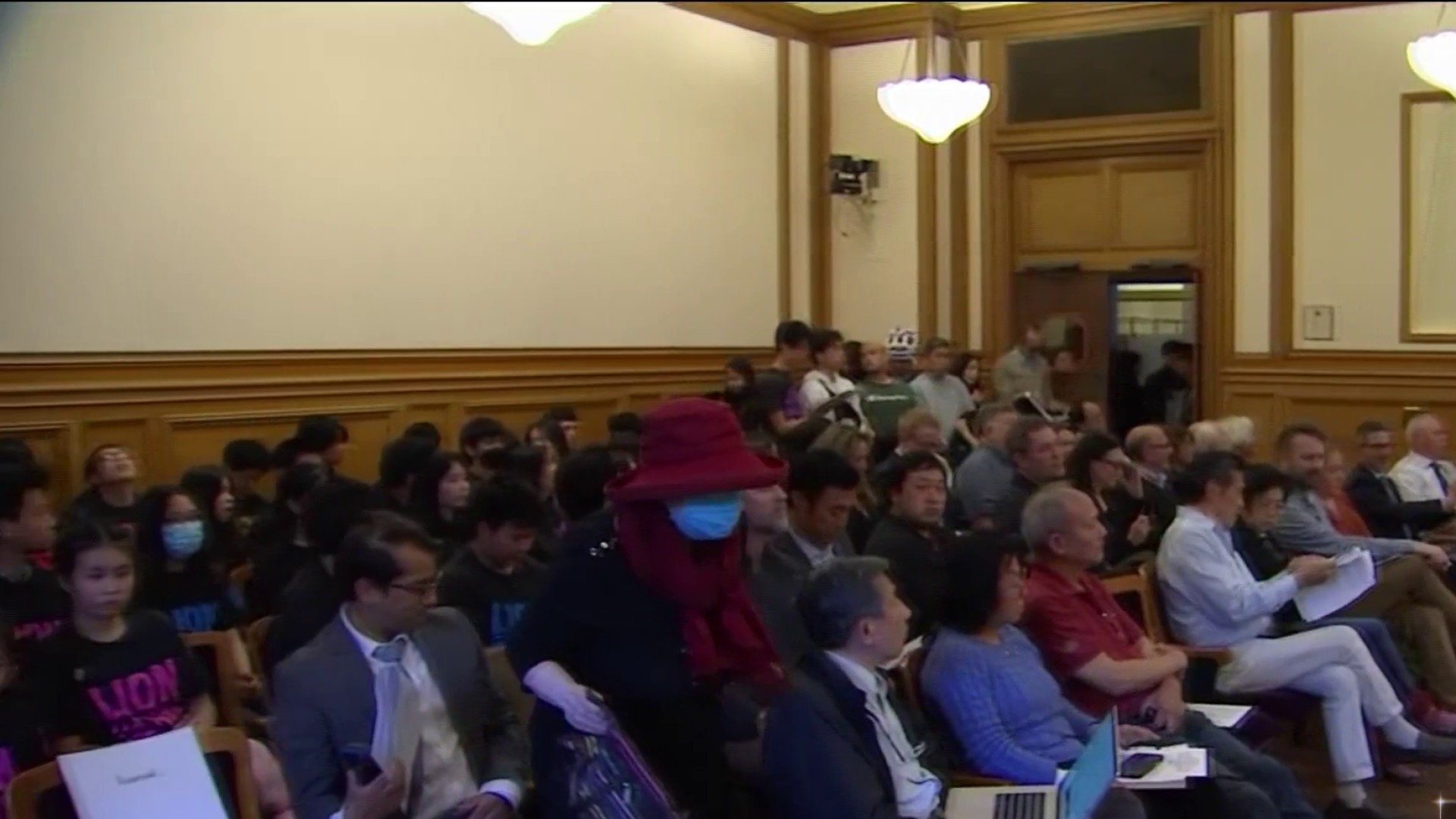A San Francisco art dealer will have to spend over a year in prison after attempting to sell a pair of black rhinoceros horns to an undercover federal agent.
Lumsden W. Quan, 47, was sentenced Wednesday in a Las Vegas federal courtroom for violating the Lacey and Endangered Species acts, which prohibit selling animal parts from vulnerable and rare species, like the black rhinoceros, across state lines.
Quan was arrested in March 2014 after transporting the horns from California to Nevada, according to the Department of Justice. Quan pleaded guilty after attempting to sell the horns to an undercover agent with the U.S. Fish and Wildlife Service for $55,000.
After serving his prison sentence, Quan must also serve three years of supervised release, during which he will be banned from working in the art and antique businesses. Quan was also ordered to pay a $10,000 fine.
According to court documents, Quan was accused of transporting the horns with his partner Edward Levine, 64, of Mill Valley, who was also charged and will face his own trial on March 7.
In many Asian cultures, especially in China and Vietnam, rhino horns are thought to have major health benefits and are believed to have certain properties that can bring good luck or even cure cancer.
Local
Federal laws generally prohibit selling rhino horns across state lines, but American hunters can obtain permits to legally kill endangered and threatened animals abroad for sport and then ship the wildlife home to the United States to be mounted as trophies.
The hobby, known as trophy hunting, allows American hunters to shoot and kill more than 70,000 animals abroad for sport each year. The practice is legal, even though some of the animals are considered to be particularly vulnerable. In November, the NBC Area Investigative Unit found endangered or threatened animals are imported into the United States as trophies nearly every other day; they enter the Bay Area almost weekly.
Since 2010, the federal government has documented 2,963 violations related to the import of sport-hunted trophies into the United States, according to records obtained by the Investigative Unit. About 96 percent of those cases have been closed; as a result, 14 people had to serve time in jail and 546 violators had to pay criminal fines, ranging from $25 to $390,700. About 54 percent of the listed infractions concerned violations of the Endangered Species Act.
While trophy hunting is legal and supported by some scientists as a vital asset in wildlife conservation, some have raised serious questions over whether the hobby is routinely used by poachers as a cover to sell endangered and threatened wildlife on the black market.
The Investigative Unit previously uncovered concerns from wildlife advocates and a former top U.S. official over America’s ability to vet trophy hunting programs abroad, before determining whether certain trophy shipments should be granted approval to enter the United States.
Wildlife trafficking continues to be a profitable crime, according to Assistant Attorney General John C. Cruden with the Justice Department’s Environment and Natural Resources Division, who released a statement in response to Quan’s sentencing.
"Illicit transactions like this are fueling a global market and leading us closer to a day when rhinoceroses, elephants and countless other species are extinguished from the earth," Cruden said in a statement. "The Justice Department is committed to working through our law enforcement and international partners to reverse this disturbing trend."



